|
Last weekend, I participated in a focusing workshop, which really had us do the opposite of focusing, by following our awareness of our felt sense wherever it takes us, and responding to that as writers. Since then, I've been trying to bring up that listening place every time I begin writing. To notice how I'm doing -- really -- and tap into exactly what's going on inside and outside my frame, and to uncover what my body's trying to tell me before I begin. There's something soothing in dropping down into where I am physically as a checkpoint during a writing session. I take more pauses. I find myself getting less pent up by words. This process feels like a more internal, quiet, still version of finding a body/mind agreement through SITI Company's Viewpoints and Suzuki Method, and a more verbal version of practicing being and noticing through Alexander Technique. Different but same. They share a lot of the same tactics and vocabulary. This reminded me that during my first SITI Company workshop, I marveled over how Suzuki and Viewpoints seemed identical to the Natalie Goldberg style writing practice I'd been going at hard that year (and ever since), except physicalized further to use the whole body (working with several other bodies) in space and time as an actors' training toolset. Since then, the three practices have been integral for me as a writer for performance. Similarly, my friends who practice yoga and martial arts regularly mention that there's a strong correlation between their trainings, Viewpoints, Suzuki and Alexander practices. It's a relief for me to remember that despite the variances in our methodologies, most of us are going after the same thing. Especially in arts processes, I feel there are way more crossovers than barriers. I used to think I needed to leap a boundary to connect the gap between genres, whether between music and writing, visual arts and words, movement and story. The older I get in my own trainings, the fewer walls I see between disciplines. Between people, too.
These thoughts help me a lot when I observe divisiveness, whether caused by political howlings, faulty communication, a stubborn attitude to always do something the same way because that's how it's been done, or all our other human failings. We're all trying different techniques to get through our days, that aren't all so different. And many of them inform the others with new perspectives -- as long as these ways come from a place of kindness, love and care. There are some that don't, that try only to market or destroy or disempower. I think there are true differences between these ways of being, but perhaps there too, empathy is the way to see inside and connect. Regardless, I'm grateful for my daily practices, and that they teach me how to be human. When I'm despairing over global news, confused/petrified by national politic, find myself paralyzed by a traumatic memory or spinning through emotional tumult and wondering what did I do wrong NOW?, my writing/stillness/movement/music practices are the things I can go back to that remind me how to breathe and see and speak and be. What is your dailyness as an artist or creative person? How does it work? What does that give you?
0 Comments
I was lucky enough to walk out of my second pro massage of my life an hour ago, a Thai massage from the incomparable Jodeen Revere. I'll be spinning from her touch all weekend.
What a reminder that: Art is a gift that goes both ways, to artist and arted To follow a desired flow, a glow, a gratitude can deliver the most open process To receive, to fully indulge in experience, is a creative practice to be learned daily Much can be said without speaking Physical sensation is a creative mind blasting volcano source There is living, and there is making. This is a weekend full of workshops (a focusing workshop, our usual Viewpoints/Suzuki Actors Training), planning for The Cabin's Strange Lands camp and an upcoming playwrights workshop, and this all streaming out of this magical bodywork session. There may be little writing each day, little project progress, but much breathing in and absorbing. And soon will come the exhale, with many words stored up before, in a booming, pregnant way. May you all find such a bliss to follow this weekend. XOXO Here in a new home, I'm putting things away in slow transition and reading DeSalvo's The Art of Slow Writing, in between my own writing and teaching this week. During these piecemeal moments of reassembling a place and reflecting on what slow writing means, I've been thinking about how to do things better. I think I think on that subject constantly in fact, how to do things better. Finding space for one box of kitchen items at a time, I alter the position of things and wonder if this item is one I really need. Teaching a writing camp, every minute seems to need adjustments on how I approach the young writers with new ideas. Discovering over social media that a friend of mine died two years ago and I had no clue until Wednesday, I see how much more attention I can be paying to the little things, that so easily become big things. All in all, my thoughts on how to do things better come back to fast versus slow. When I slow down, my attention, mood, energy, attitude and memory are in better spots. That helps me in my relationships, work, creativity and personal life. And so here are a few aims for small adjustments I'd like to make, that all have to do with going forward in slower ways:
On Free Falling: Almost two years ago, at the SITI Company Boise Intensive Workshop in Suzuki Method and Viewpoints, Barney O'Hanlon encouraged us to free fall. He made a big point of the advice. That was the first I heard that phrase as a directive. I've thought about it a lot since. As an artist, I'm not practicing for expertise, I'm practicing to learn and discover and grow. I want to remember that more often in practice, and plunge into my creating as though into icy lake water off a long wobbly dock: all at once, no wading. When I allow myself to be a beginner, knock myself off balance and eat space in my writing and creative work, that requires a leap that flies me. This may seem like the opposite of going slow, but I think it requires a lot of practice to be able to be able to free fall on a regular basis. A lot of constant learning. And that takes time. On Doing One Thing: Anytime I am doing one thing -- creating a story, working on a character, working on a character's nose; in teaching a class, in teaching one lesson in a class, in teaching a part of a lesson in a class; unpacking a box, this actually requires that I do several things at once. In this sense, as we say when practicing the Suzuki Method, even with one task in front of me I am spinning many plates. In every small thing (a play, a scene, a poem, a moment, a line, a word), there are several components. And each component can be broken down even further. With each deeper inspection, the more minuscule parts open up. This is why multi-tasking can break me in half. Everything's already so multiple. On Listening: So if I really take the time to go in, go in slow, go in deep, there is potential for an outrageous unraveling. What patience that requires, and attention, and listening. In days like these, weeks and years like these, when here there's an international tragedy hitting France, and national violence stemming from longtime racial oppression brings out mourning and reaction and my chest is cracking thinking of it, when I get down missing my dad and remembering a friend I let go who is now gone, yes. Now is a time for steady patience, attention and listening. Another Barney-ism, from a different SITI Workshop: "If we can all live with more presence and awareness, the world would be a better place." Can we? Let's try. I will, too. I'll add it to my aims for small adjustments:
And now to unpack another box. Been moving this week -- houses not cities. Moving is a physically demanding time, and mentally stressful, but for me it's also reflective. Going back. Cleaning. Changing. Renewing. Deconstructing. Packing. Removing. Bringing. Assembling. Opening. I find moments of nostalgia, thinking of all the times I moved as a kid, my several singular relocations as an adult. I wonder how my navy wife mother got her and her four family members shipped away as many times as she did over the course of my dad's career, and afterward the three of us and later still the two of them, still caught up in her life in boxes. Moving is a time I wish I owned a lot less. I envision selling all my books, or discarding them at a thrift store. I wonder if someone came by and stole a box from my unlocked car in between trips back and forth from apartment to trunk, if I'd mind or secretly thank them. Then I start missing places I've lived before I'm even gone. A lot of emotions stir up.
Weeks like these, besides the daily practice of writing, there isn't a lot of specific material generating on the page. But the time taping and lifting and driving, in this specific instance transitioning two homes into one new place, I have a lot of back-side-of-the-brain thinking. I put project pieces together (images, plot lines, character traits) -- not in an active way (this goes with this and let's set that and I'd better record that now), but in a floating way. Pieces of a few different plays, stories and who-knows-what weave in and out. I find days like these when I'm not at my desk long hours very instrumental in project creation. As I'm reading The Art of Slow Writing by Louise DeSalvo, which I'd recommend to anyone interested in the writing process, a lot of authors share that perspective. Writing 8 hours a day, 7 days a week is a rare thing for most pros, and it doesn't suit every artists' needs or purposes. I used to look back on my younger, more dilapidated life as lost time I have to make up. Now, I don't really believe in lost time -- except during moments of deep self-abasement. Whether from sickness, family crisis, poor decisions, burnout or moving, it's all part of the process. And now, in the U.S. and the world, there are terrible things happening. African American men getting shot down by police without cause, whole LGBTQ communities shot down, retaliations that cause more violence and divisions. This is awful. Shaking. Ugly. And it could feel like lost time. Like everything is hopeless. Like what's the point in creating, in going forward, in doing anything. But through it all, we can keep moving. Writing. Making good. Maintaining kindness. And love. Standing together. Being together. We can do better. Right now, these things are happening within the process of larger change, and it feels chaotic, nonsensical, and it is. But each moment, let's try in small steps and big ones, to help each other find the greater purpose, and remember that every human is human, and every moment has value. Today in my Nature Writers camp at the Idaho Botanical Gardens, part of The Cabin's wonderful Idaho Writing Camps programs, we read this piece and talked about the importance of love in what we're doing, and how if we follow what we love, it will take us where we want to go. FROM A LETTER TO HIS SON ALBERT Albert Einstein I am very pleased that you find joy with the piano. This and carpentry are in my opinion for your age the best pursuits, better even than school. Because those are things which fit a young person such as you very well. Mainly play the things on the piano which please you, even if the teacher does not assign those. That is the way to learn the most, that when you are doing something with such enjoyment that you don’t notice that the time passes. I am sometimes so wrapped up in my work that I forget about the noon meal… Recently, I've been remember how to love writing. Over the last year, or at least the last six months, I've had to trick myself to keep writing. In many moments, writing was no longer the sanctuary, the relief place I've known it to be most my life, especially since 2009 when I started writing everyday as a survival tactic. This year, often times it became the thing I had to do. I've never wanted that relationship with writing, but the necessity of getting things done with several projects, including my Final MFA Project and finishing up school, turned my beloved practice into a teeth-pulling commitment. Not every day. But enough to notice.
Over the last month, I gave myself a more laid back approach to writing practice. I still wrote every day, but I didn't push myself to go deeply if I didn't want to. I knew I was tired enough that if I tried to force any more out of me, it could damage my relationship with my daily arts practice. I'm glad I listened to that knowing. With the small projects I'd undertaken -- an essay, a five minute poem, a short play, a memoir piece -- I focused on what was fun for me to write right then. I took risks, but when I met up with resistance, I didn't bottle up my feelings and battle down the page. I took a break. I worked on something else. I returned to my notebook later. I knew it would still be there. I knew that if I returned to the pen when I wanted it, that more goodness would come from that joyful easing out of words, rather than trying to crank them out my worn and rusted brain. That holding back has helped. I'm remembering why I love to write, why I need it. My creative energy is returning, along with my hunger to pull out new stories, verses and ideas. There's a lot I can learn from this approach in general, without waiting for burnout first. This kind approach. I can let sentences open up in a loving way. I can go easy. There are times to go hard into the work, but if I'm doing that all the time, I can pull up more drudgery than inspiration. I want to be in this practice, in this way of writing, in this profession for the long haul. Life is hard enough. I don't need to make the writing and art that I love any harder than it is. That can be the joy. Yes of course it's work too, but it's the kind I can do "with such enjoyment that you don’t notice that the time passes." I can cultivate pages with a romancing energy. |
Like what I'm posting? You can leave me a tip!
$1, $10, $100, whatevs :) Heidi KraayProcess notes on a work in progress (me). This mostly contains raw rough content pulled out of practice notebooks. Occasional posts also invite you into the way I work, with intermittent notes on the hows and whys on the whats I make. Less often you may also find prompts and processes I've brought to workshops, as well as surveys that help me gather material for projects. Similar earlier posts from years ago can be found on: Archives
April 2024
Categories
|
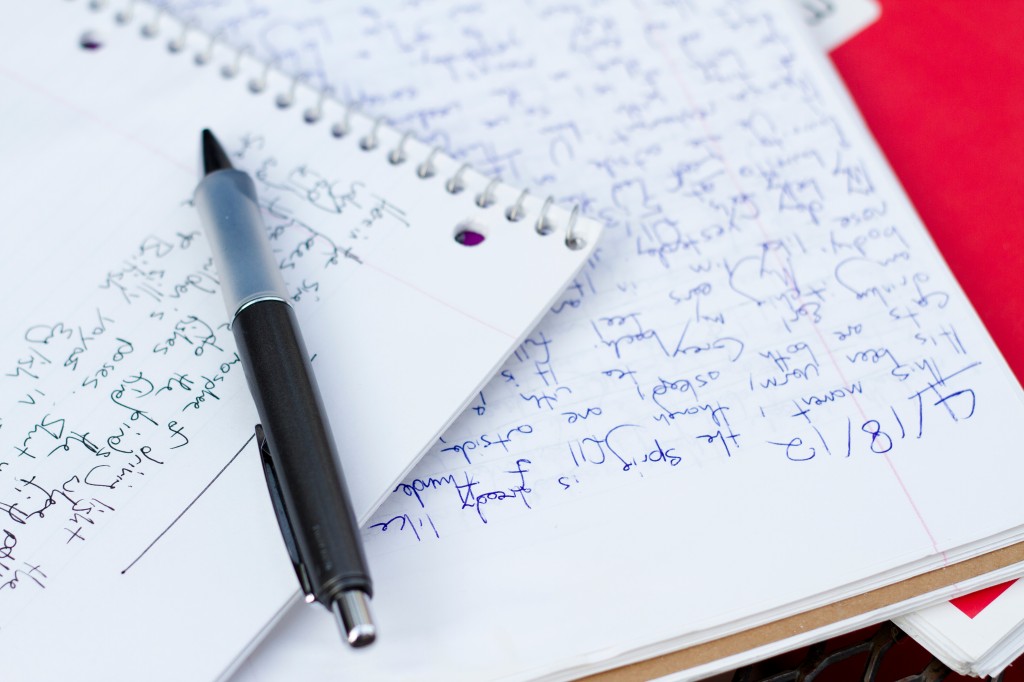
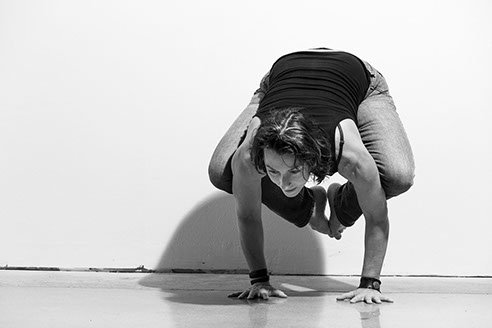
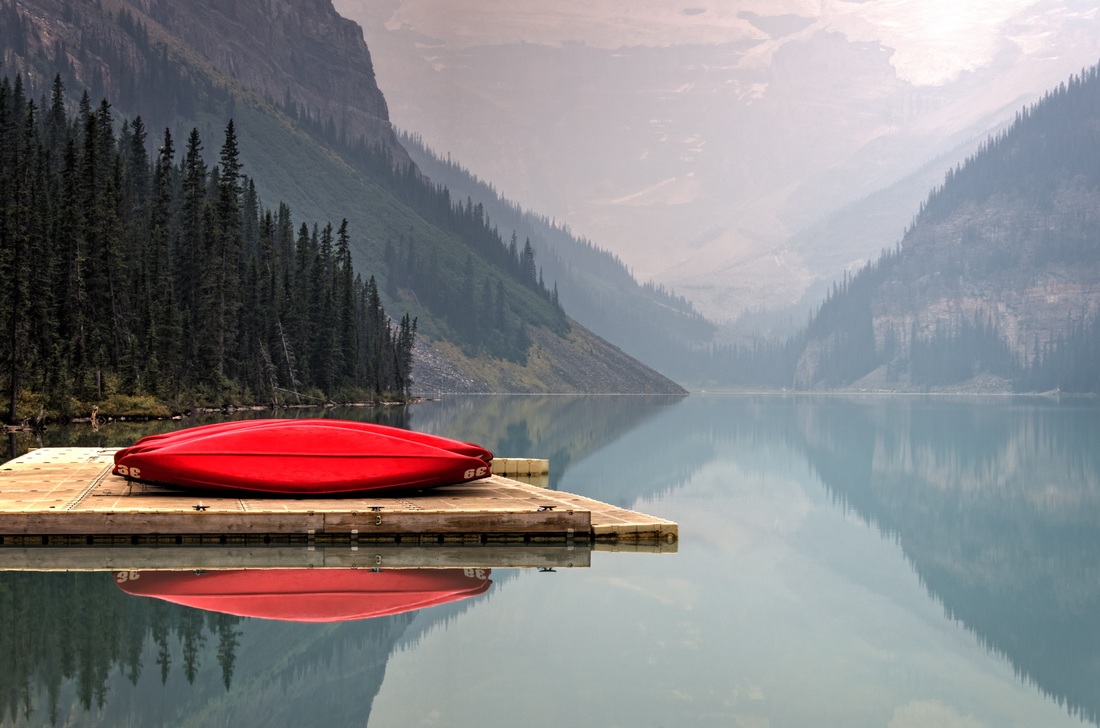
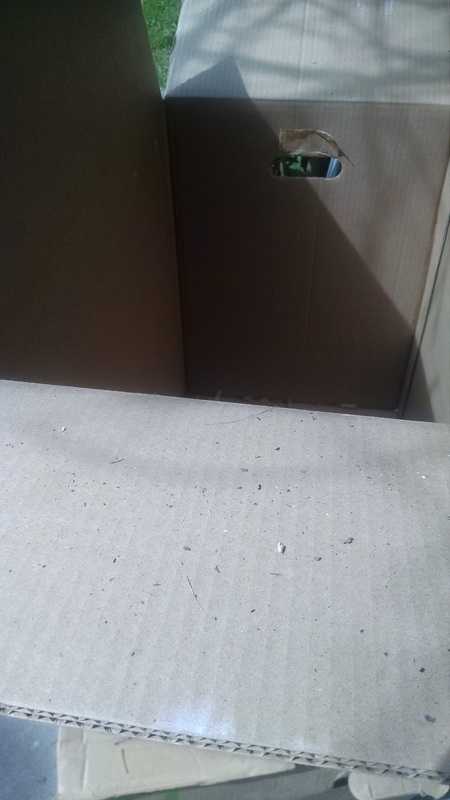
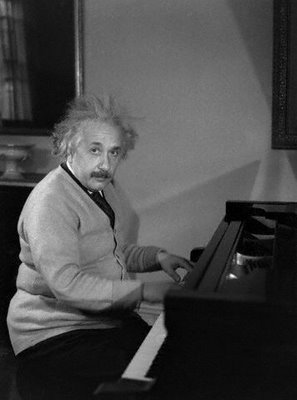
 RSS Feed
RSS Feed